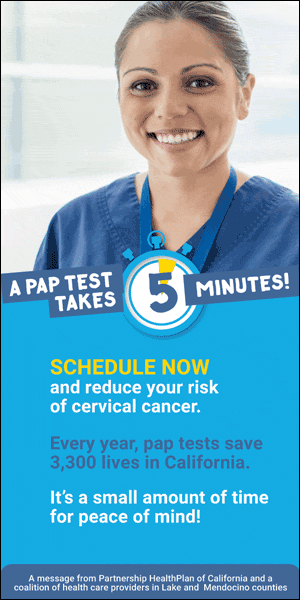

The sharp increase of COVID-19 cases in Louisville over the past 6 weeks has forced the city's health department to limit active contact tracing.
Louisville's Metro Department of Overall health tops out its contact tracing capacity at 25 cases per hundred-thousand individuals. Louisville is now at nearly 63 cases per hundred-thousand individuals.
There were nearly 3,400 new cases from Nov. 8 with the 14th, according to the latest data in the city's health department. The week prior, there have been a couple of,300 new cases.
Chief health strategist Dr. Sarah Moyer said, within the last 6 weeks, cases have become 250% – and hospitalizations are up a lot more than 500%.
“There’s uncontrolled spread from the virus despite measures we have in position, and capacity is stretched thin across every aspect of healthcare, which limits our ability to protect and aid people,” she said during a briefing with other city and nutritionists Tuesday morning.
Moyer said once Louisville surpassed 25 cases per hundred thousand people, the health department reached capacity and may no longer pursue the “box it in” strategy it used all summer.
The high rate of cases makes timely contact tracing very difficult, said Bill Altman, a consultant leading Louisville's COVID testing efforts.
“One of the things that we’ve done is the fact that we've begun providing information in the testing sites, and our partners are doing this as well, to provide you with a telephone number (for you to) reach out to the contact tracers when you get an optimistic test result.”
Altman said individuals who test positive should not watch for contact tracers to achieve to them first. Instead, they should call (502) 912-8598 for guidance.
Kathy Turner, a spokesperson for Louisville's public health department, said that the town continues to employ 295 contact tracers who work seven days per week. She said at this time, they are typically only in a position to contact individuals with new positive test results, due to the sheer number of new cases. Whereas previously, contact tracers would reach out to people who had been in close physical connection with COVID-positive patients, now those patients are being asked to reach those contacts themselves.
Representatives from three Louisville hospital systems – Baptist Health, Norton Healthcare and UofL Health – also spoke at the briefing. They said health providers be more effective at managing COVID-19 patients now compared to what they were in the spring, that is helping the hospital systems manage the available resources at their facilities.
Dr. Jason Smith, chief medical officer at UofL Health, said coordination between your hospital systems could put the city in the position of not needing more extreme measures, like a nearby field hospital.
Plus, he explained, hospitals have employees and resources such as oxygen and food service already setup.
“Never, say never,” Smith said, acknowledging there might be a need in the future.
Dr. Steve Hester, the main medical officer of Norton Healthcare, said an area hospital would be “an absolute last resort.”
He said he would stress about deploying hospital systems' existing medical personnel to set up a field hospital.
“They’re probably better deployed within our own healthcare system within the footprints from the hospitals we have caring for those patients, and we’re going to try everything we are able to to ensure as these three healthcare systems that people don’t need that hospital,” he explained.
This story has been changed to explain that Louisville is reducing the amount of active tracing it's doing and is asking individuals with positive tests to reach to their contacts.













